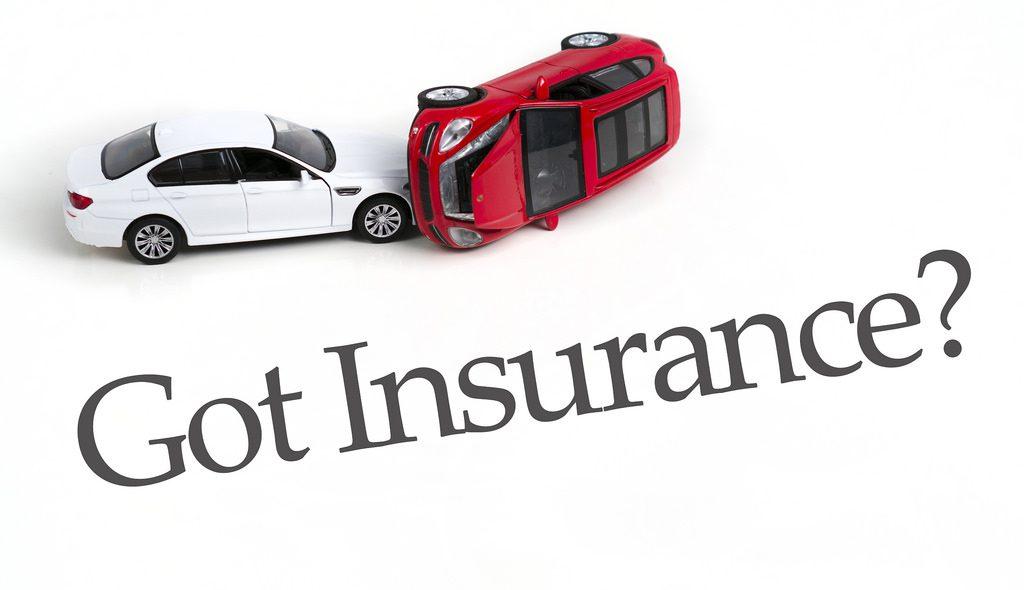Car insurance is the law in all Canadian jurisdictions and must be purchased by every driver. But there are times where it may be necessary to cancel your car insurance. For example, you may want to change providers to get a better deal, you may want or need to give up your car, or you are moving to a new jurisdiction. Right now, during COVID-19, and the coronavirus pandemic, you might also be thinking of cancelling your car insurance because you’re simply not using your car.
Regardless of the reason, cancelling car insurance can be discussed with your insurance provider. If you’re cancelling your car insurance now, it’ll either be because you’re up for renewal, but what about if you’re mid policy? Let’s look at both.
Cancelling your car insurance at renewal
Renewal time is the best time to consider a policy change. It’s a good opportunity to seek out other auto insurance quotes or even discuss new options with your current provider. It’s also a good time to change or cancel policies while avoiding potential charges or cancellation fees (more on that below).
Mid-policy car insurance cancellation
Mid-policy cancellation can cost you in fees and other charges. Insurance providers anticipate a full year of payments when providing car insurance to you and may charge for your change of heart. Fees or cancellation penalties can range from as low as $25.00 to as high as some percentage of your overall premium. It’s always important to check the fine print of your policy before you make any final decisions.
The types of refund depends on when you cancel.
Cancelling your car insurance should result in a refund, but your refund amount can vary. Car insurance companies will either offer a pro-rated cancellation, which gives you back the full amount of the unused premium. A short-rate cancellation takes a certain amount out of the refund as a penalty for early cancellation.
Mind the gap
Always be sure to mind the gap with car insurance cancellation. During the cancellation process, there is a possibility of gaps that may occur in your auto insurance coverage. A gap in your coverage history can affect your overall rating and increase your premiums. If you are cancelling coverage with one provider but expect to seek coverage elsewhere, be sure to bridge those gaps. You can either add yourself to another vehicle, if you have one, or ensure there is no lag time between policies. You don’t want to be without coverage if you plan on driving.
Alternatives to cancelling your insurance
It’s important to consider alternatives to cancelling because fees and costs can be a detrimental factor. Drivers can consider reducing their coverage or shop around for new car insurance quotes to lessen the economic burden.
RIght now, during this pandemic, it might make more sense to reduce your coverage to get cheaper car insurance. Think about increasing your deductible and removing non-standard components of your auto policy like comprehensive and collision insurance. You might also consider dropping your third-party liability insurance down to the minimum coverage. In Quebec, it’s $50,000, but everywhere else in Canada it’s $200,000 – still cheaper than the $1million of coverage you likely have now. Call your provider to see if there’s a discount for adjusting down your kilometres driven. Finally, if you have 2 cars, consider only driving one and dropping the coverage to only comprehensive on the other.
The cons of reducing your insurance coverage is you’re accepting more risk. By dropping collision, increasing deductibles, and reducing third-party liability means you’re accepting more risk. Ask yourself if you’re ready for the financial repercussions if you are in a collision. Without comprehensive, and a tree falls on your otherwise parked car, or a vandal smashes your window, you’ll be paying out of pocket for the repair.
Can you cancel insurance on a financed car?
While officially the government will let you, your auto loan won’t allow it. Remember that depreciation accounts for a massive amount of a car’s worth. That means, within a year, your car is likely worth less than you owe on it. If you’re in a collision, car insurance will pay the actual cash value, which won’t cover the cost of that loaned car that you now have to pay back because it’s a write off. You’re left with thousands owing on your auto loan, and no car to speak of it. This is when you need gap insurance and unless you bought it when you leased the car, you’re out of luck.
The bottom line
What you should really try to avoid, if costs become prohibitive, is not paying your bills and running afoul of the law. Defacto cancellation by not paying bills will only cause you problems later if you are in need of insurance in the future. Finding an insurer who will provide insurance to you will be one of the biggest challenges. The rate, if you do find an insurer, may be much higher, too.
If you are unsure about policy fine print or other legalese, and you have a broker, ask for their help as well as you may find the process easier to navigate. If you feel confident in your knowledge, speak directly with your insurance provider about ways to reduce your premiums.










